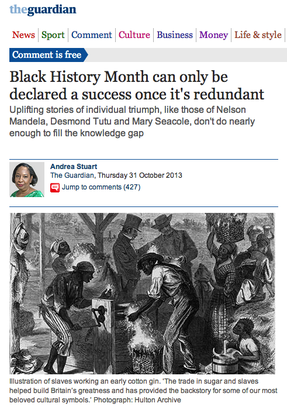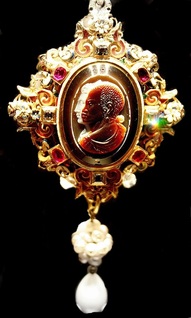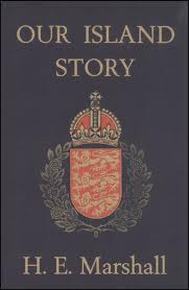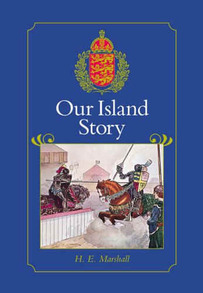
I'm hoping to write a retrospective blog on all the interesting events I've attended this Black History Month soon [I did!- read it here], but I need to digest a bit first, and events are continuing into November this year anyway!
Andrea Stuart concludes: "Instead of the jingoistic version of history championed by the likes of education secretary Michael Gove, we should aim to create a narrative for our citizens that tells the whole story, warts and all. We will know Black History Month is successful only when it is redundant – when our history is understood by us all, and young people gain the pride and self-assurance that a genuine account of it would afford."
I commented:
I strongly agree that Black History Month needs to continue, as a campaigning and educating tool, until we have a more inclusive, and therefore accurate, understanding of British History.
To make this happen, we need to focus on History during BHM, not taster Zumba lessons (as I saw advertised as part of one London borough's programme).
One positive sign this year is that BHM events continue into November in many places, so is becoming a season!
I argued for a diverse curriculum in the Times earlier this year, when Mary Seacole was in danger of being removed from the syllabus.
And I blogged about the dangers of the narrow "Our Island Story" vision of British History, championed by Gove and Cameron.
In the spirit of understanding all our history, the statement: "Britain was also one of the originators of the institution of slavery, certainly in the Atlantic context."- is a bit misleading. Portugal and Spain were the first European transatlantic slavers, transporting the first Africans across the Atlantic in the early 16th century, over 50 years before John Hawkins and over a century before the English began trading regularly. And, as others have pointed out, the institution of slavery was ancient!
However, the wider point that it is hypocritical to pat ourselves on the back for abolishing the trade which we happily profited from for some 150 years is quite right. I recently reviewed a book on Slavery and the British Country House, which explores some of the buildings around Britain that remain as physical reminders of these profits.
And in the context of abolition, it's important to remember that the end of slavery was brought about not just in Parliament, but as a result of the agency of Africans, both abolitionists like Equiano, and those that actively resisted in the Caribbean, whose story is being told in the Making Freedom exhibition, opening at the Royal Geographical Society next week, on 6th November.
But, as I argued in the Guardian last year, we need to stop equating Black History with the History of Slavery.
For more on the history of Africans in Tudor and Stuart Britain, see the History page of my website, or come to one of my Talks.



 RSS Feed
RSS Feed
